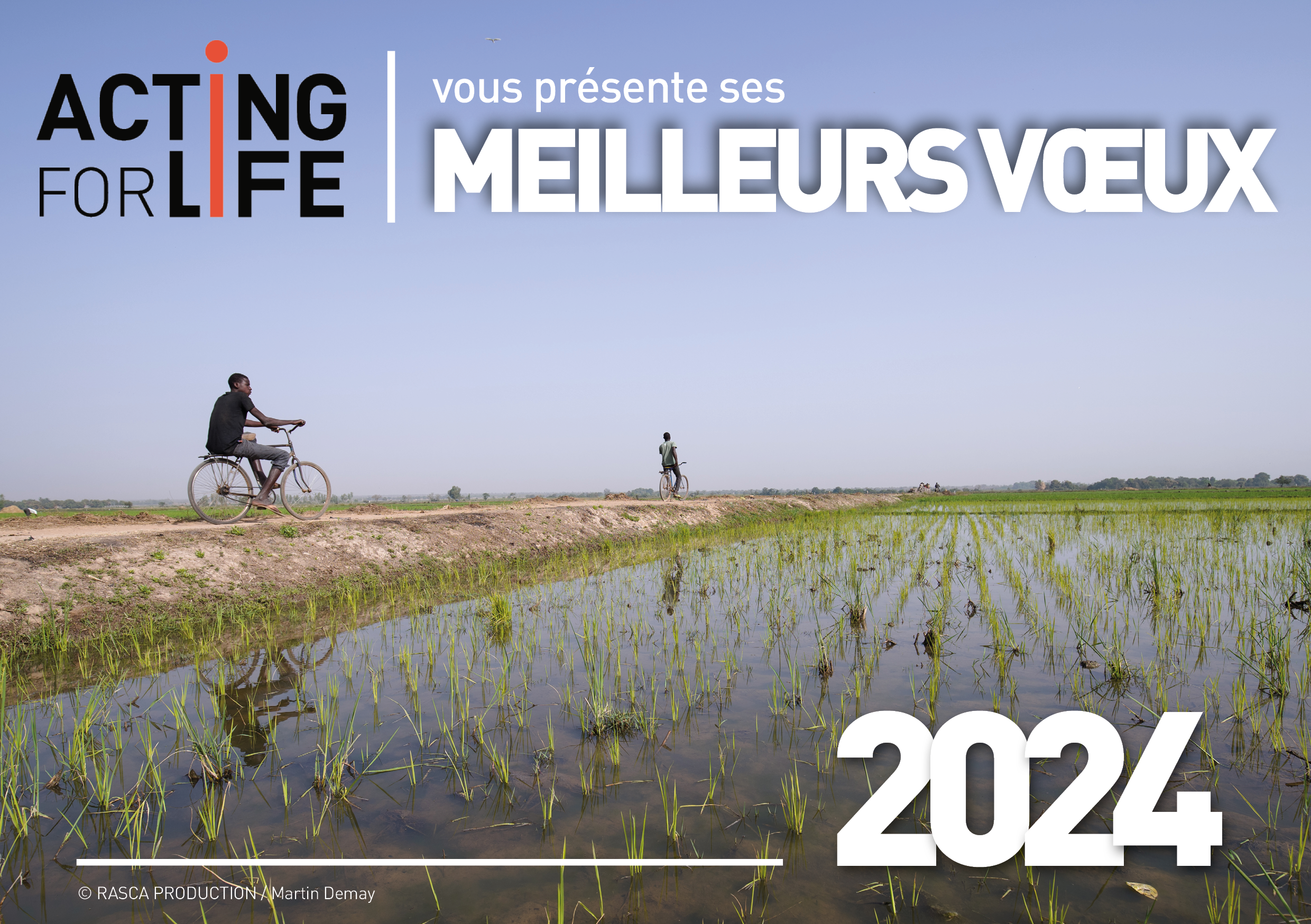
Acting for Life wishes you all the best for 2024
The Board of Directors and the Acting for Life team join the Chairman of the association, Jean-Cyril Spinetta, in wishing you all the very best for 2024.

The Board of Directors and the Acting for Life team join the Chairman of the association, Jean-Cyril Spinetta, in wishing you all the very best for 2024.
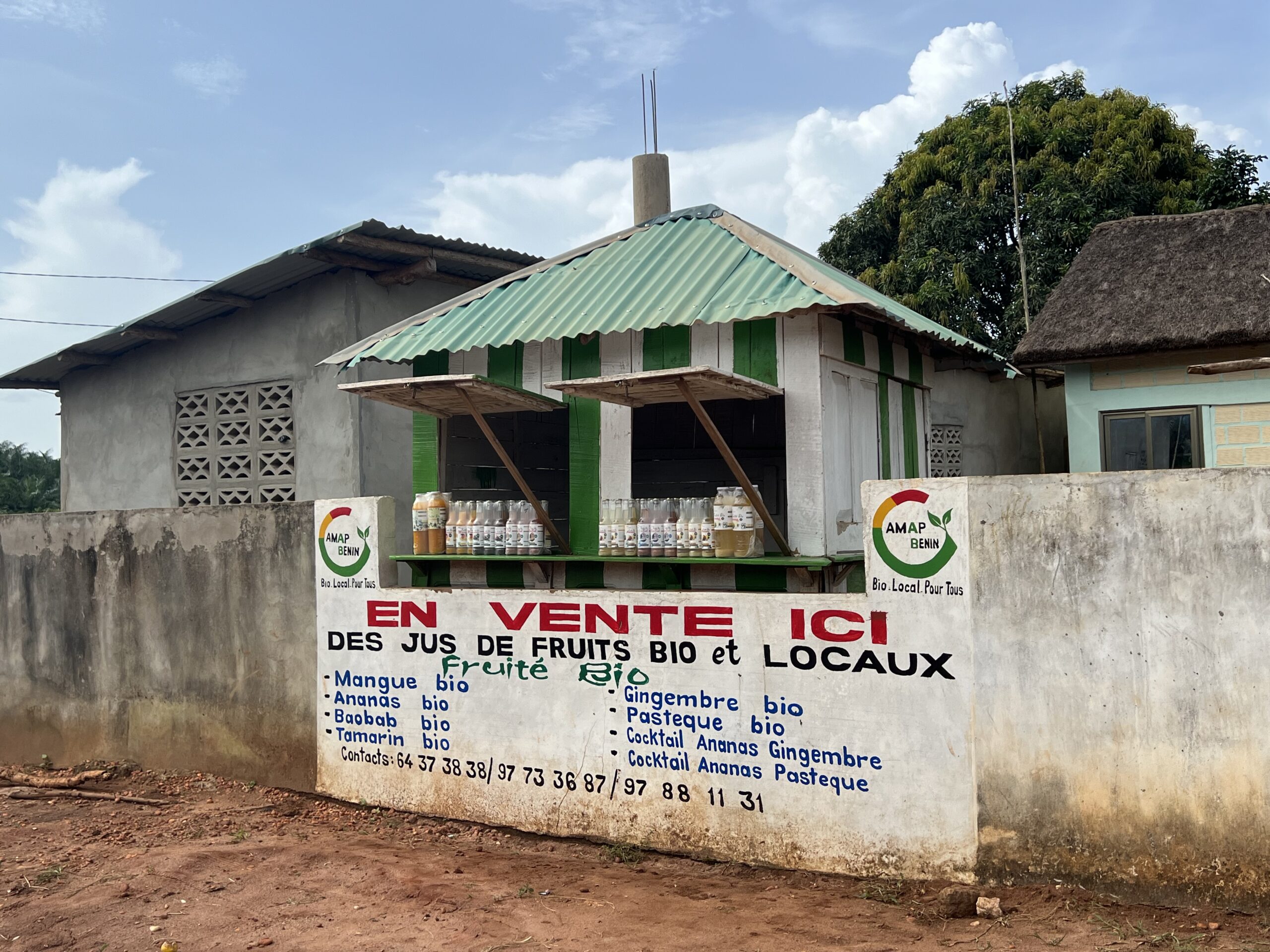
As part of the Distri’Solidaire project, Acting for Life and Hortitechs Développement are supporting several local juice processing units in Benin.
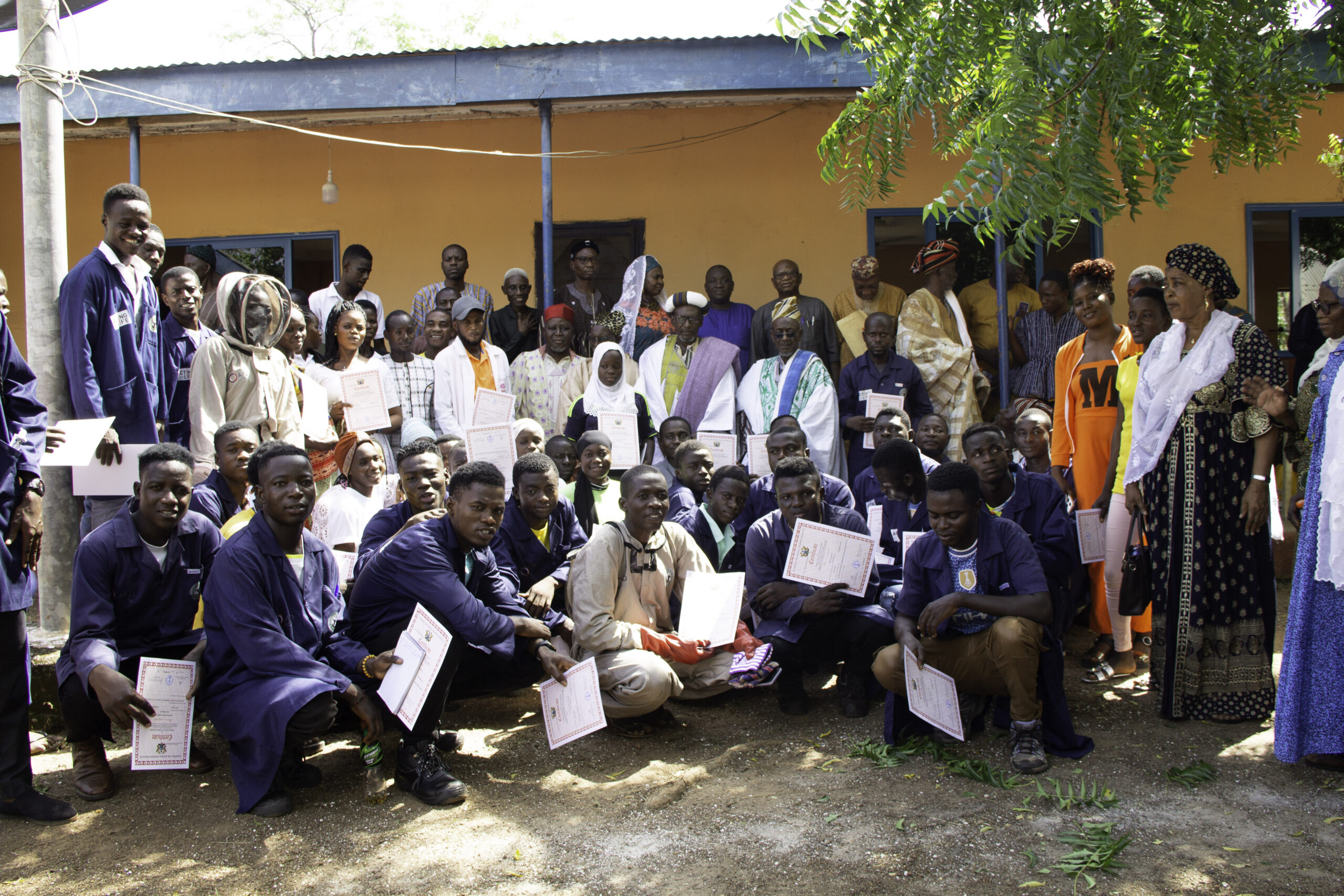
60 young men and women graduated thanks to training in electricity and beekeeping provided as part of the PARCS project in Ghana.

The aim of the MADE-M project is to contribute to national public policies to improve decent employment and access to employment through high-quality vocational training. Acting for Life is working with its partner APAPE/PH to develop new training modules in traditional building.
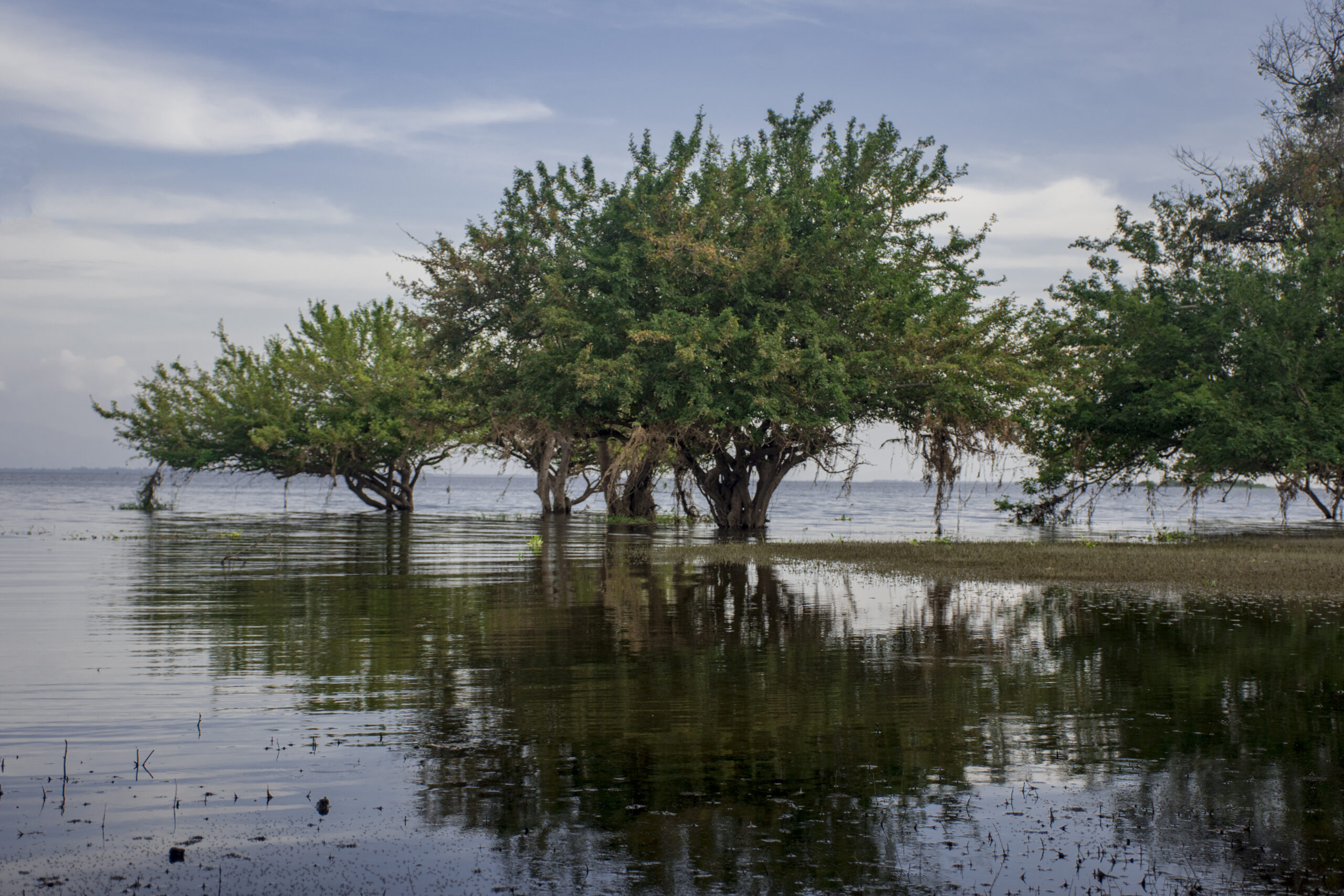
Faced with the threat that climate change represents for our societies, Acting for Life is aware of the need to question the organisational model of international solidarity actors. AFL is pursuing its commitment to the ecological transition.
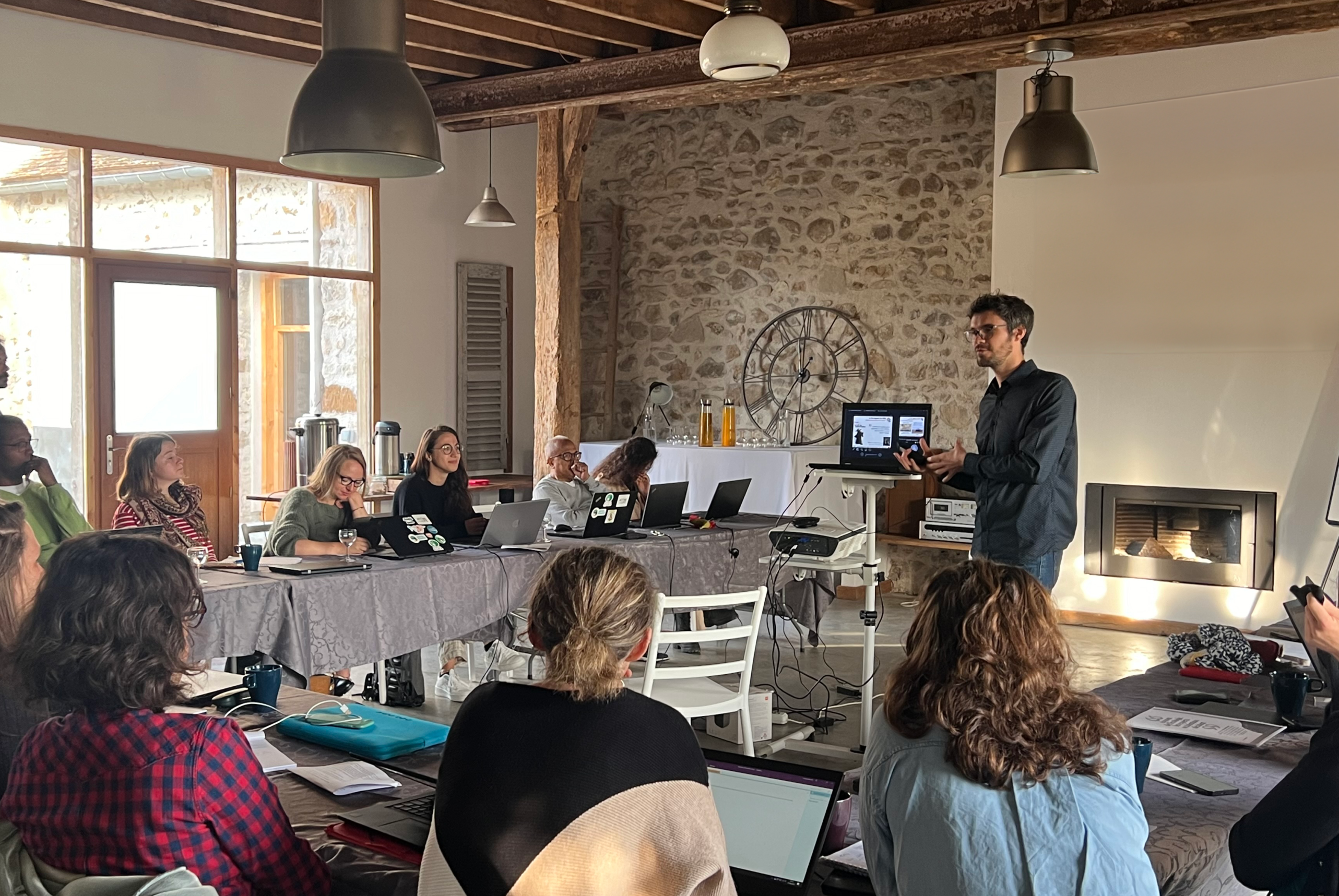
With a view to pursuing its commitment to the ecological transition and adapting its activities to climate change, Acting for Life is committed to analysing its practices and moving them towards a more sustainable model. With this in mind, the NGO has called on climate expert Camille André.
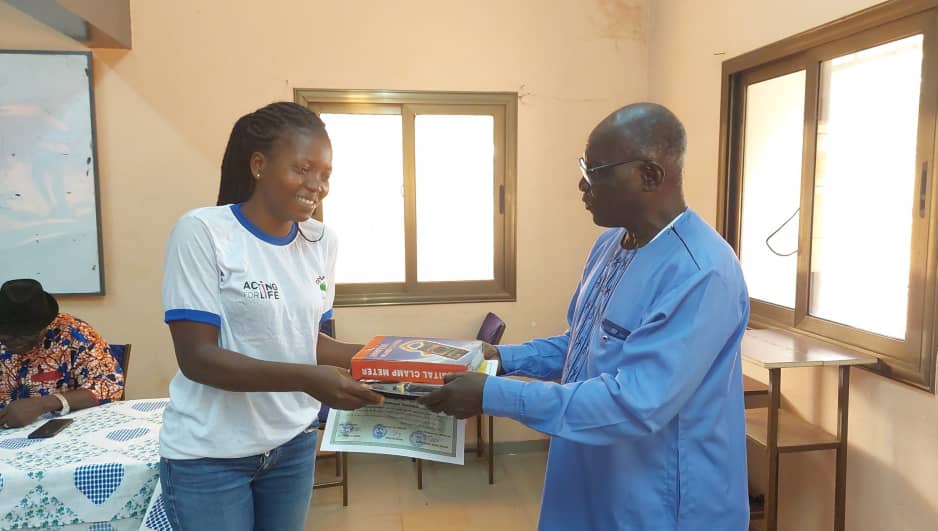
15 young electricians trained for a month in photovoltaic electricity, and 15 young people trained in agriculture for 6 months, received their certificates. New prospects are opening up for them.
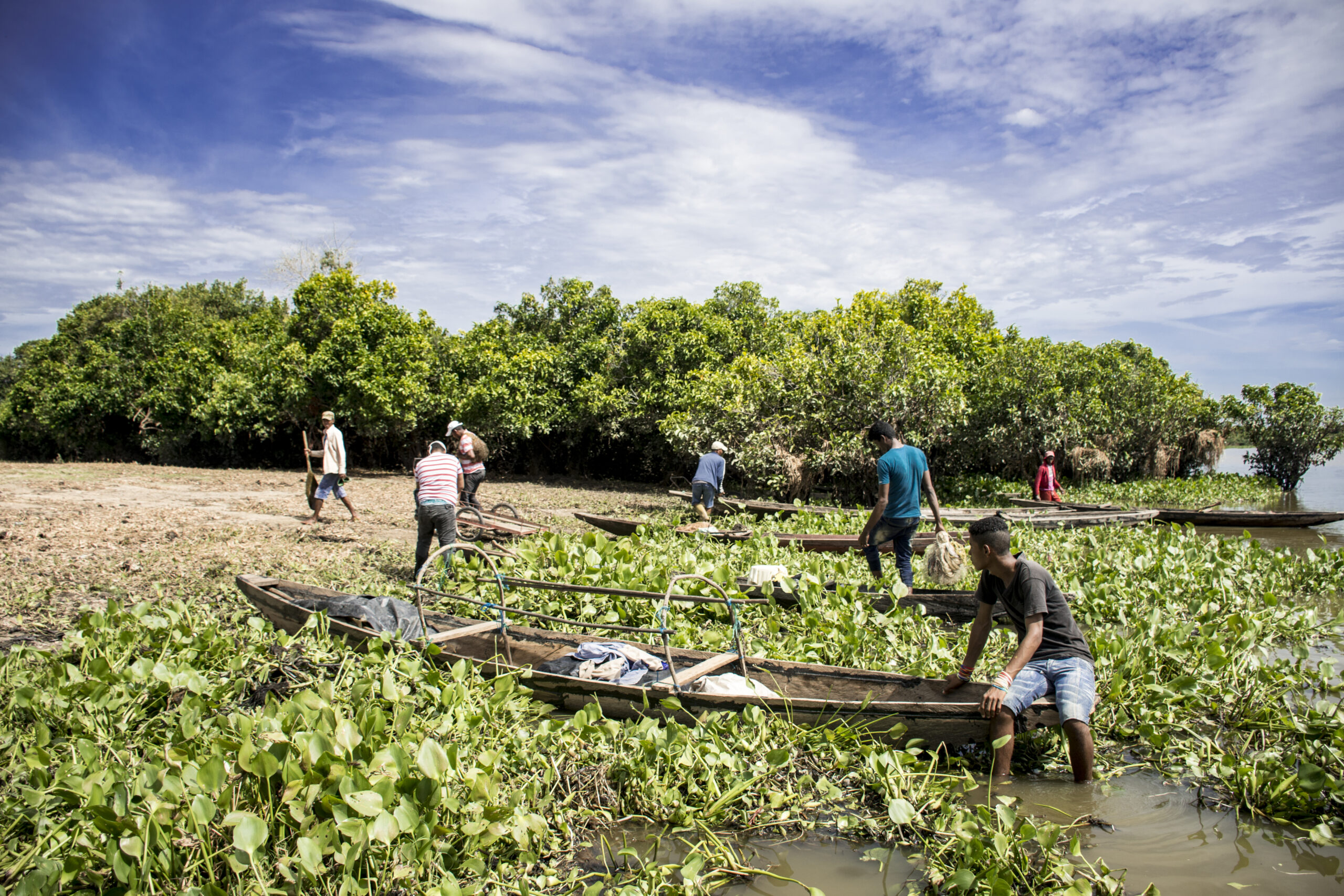
Acting for Life has published its 2022 Annual Report, outlining the work carried out by our teams on 17 projects in 14 countries. A year punctuated by the collaboration between the NGO and its local partners in West Africa and Latin America.

One year after the launch of the TERSAA programme in West Africa and Latin America, Acting for Life joined its partners in Dassa to draw up an initial mid-term review of the actions carried out in Benin, Burkina Faso and Togo.
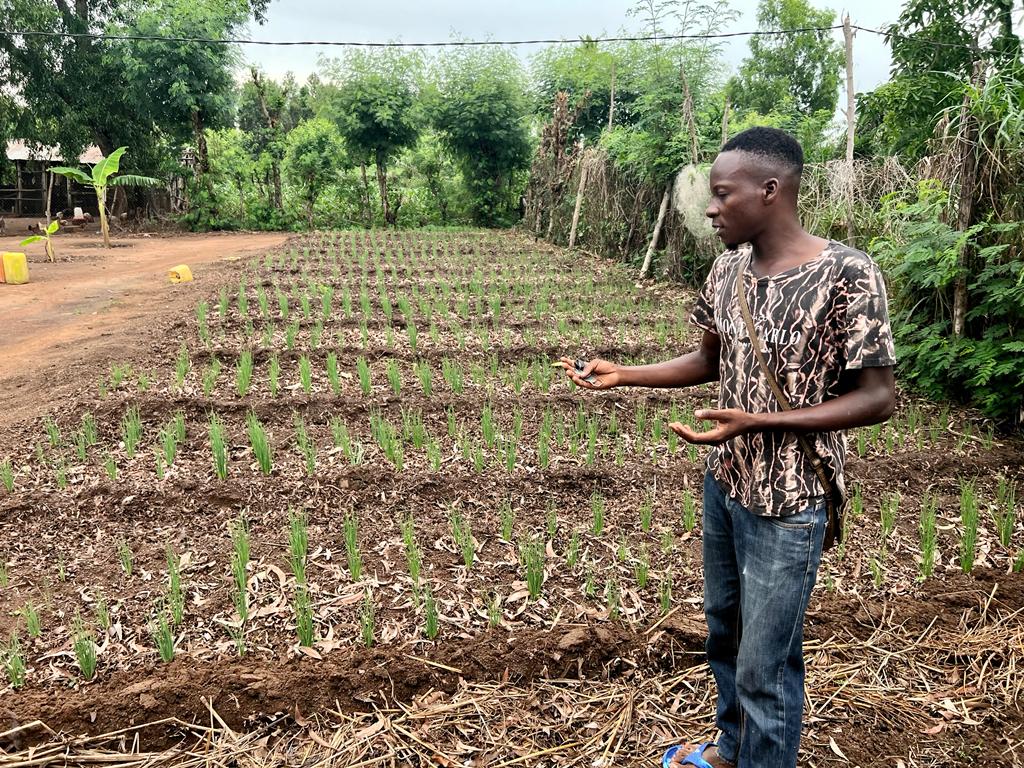
As part of the TERSAA programme, Acting for Life and its partners took part in a visit to the Songhaï agro-ecological centre in Savalou.
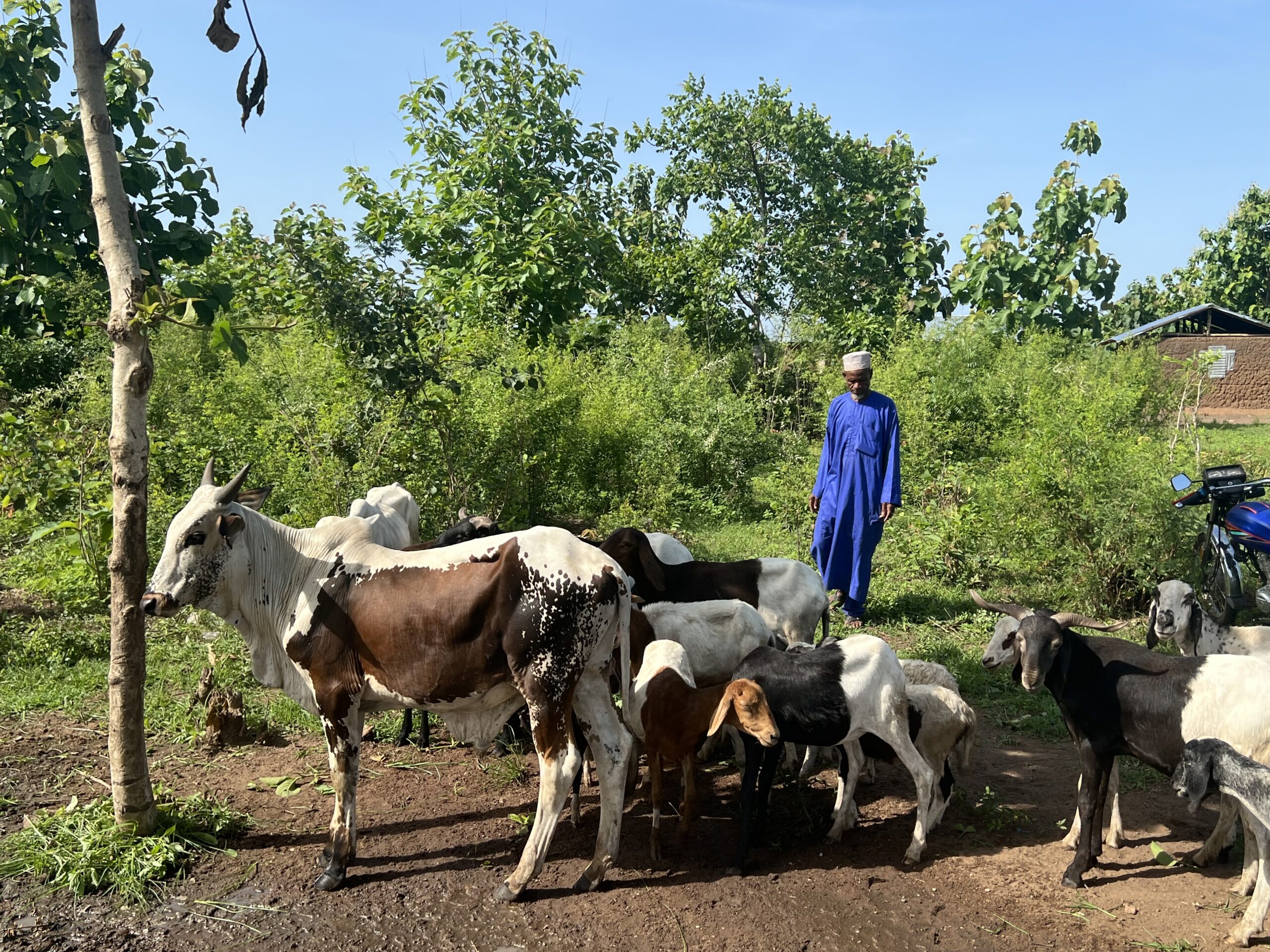
Acting for Life travelled to Abomey, Benin, to meet one of its key partners, UDOPER of Zou and Collines regions.
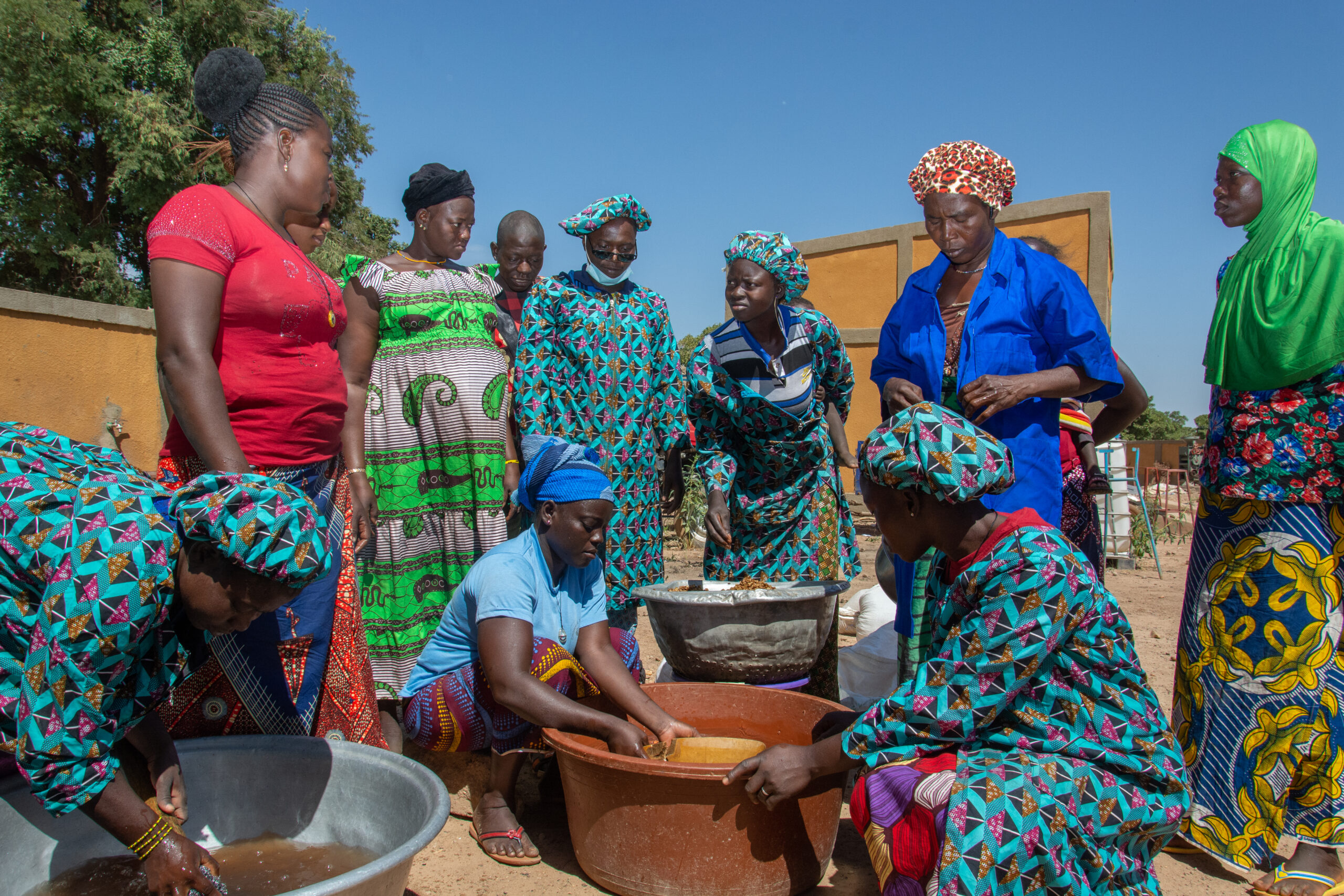
Acting for Life (AFL) pursues the dual objective of reducing gender inequalities and strengthening the economic impact of its projects through greater inclusion of the women who contribute to or benefit from them.
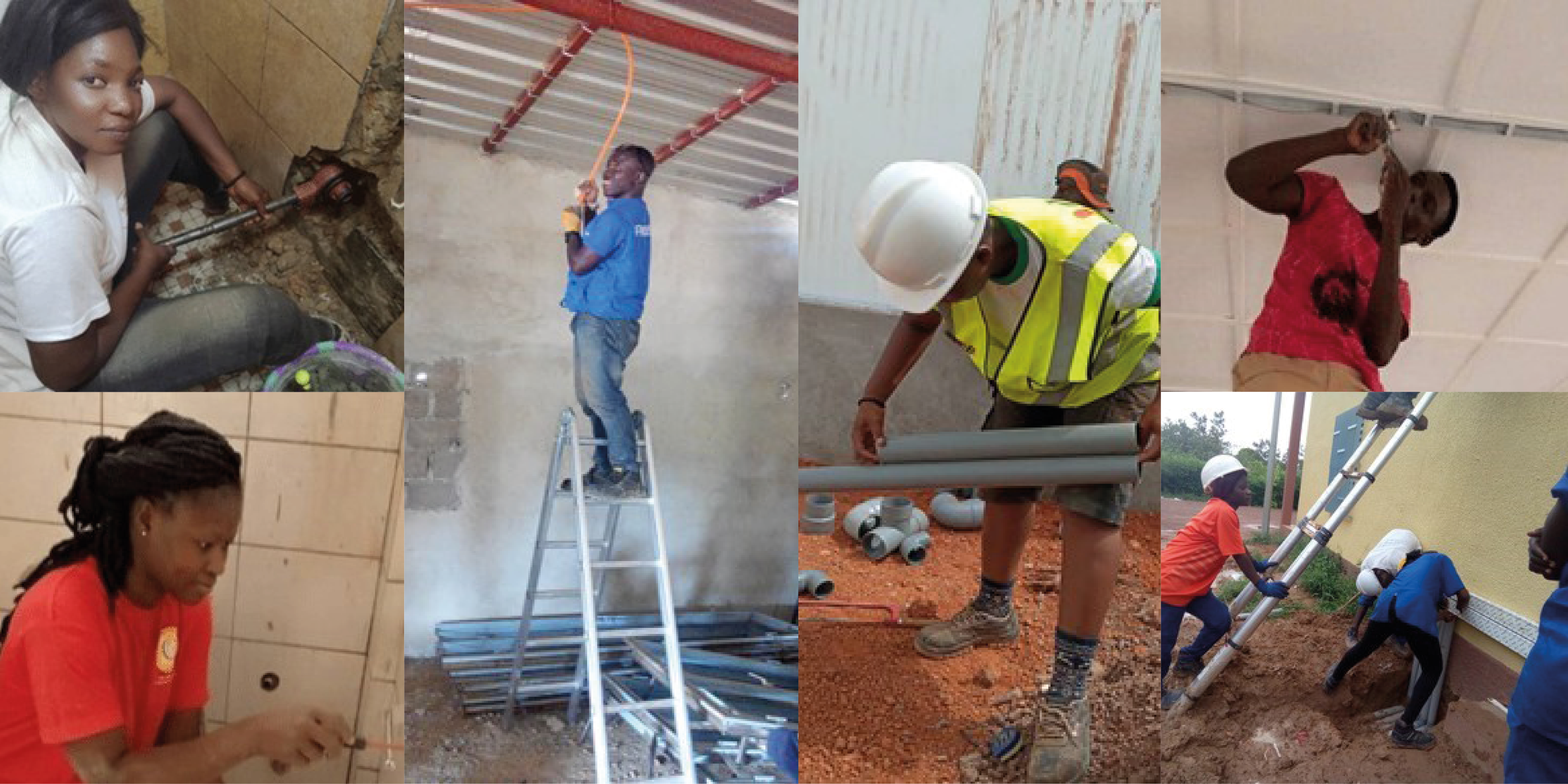
Alors que le projet READY arrive à son terme, découvrez quelques portraits de jeunes que le projet a permis d’accompagner.
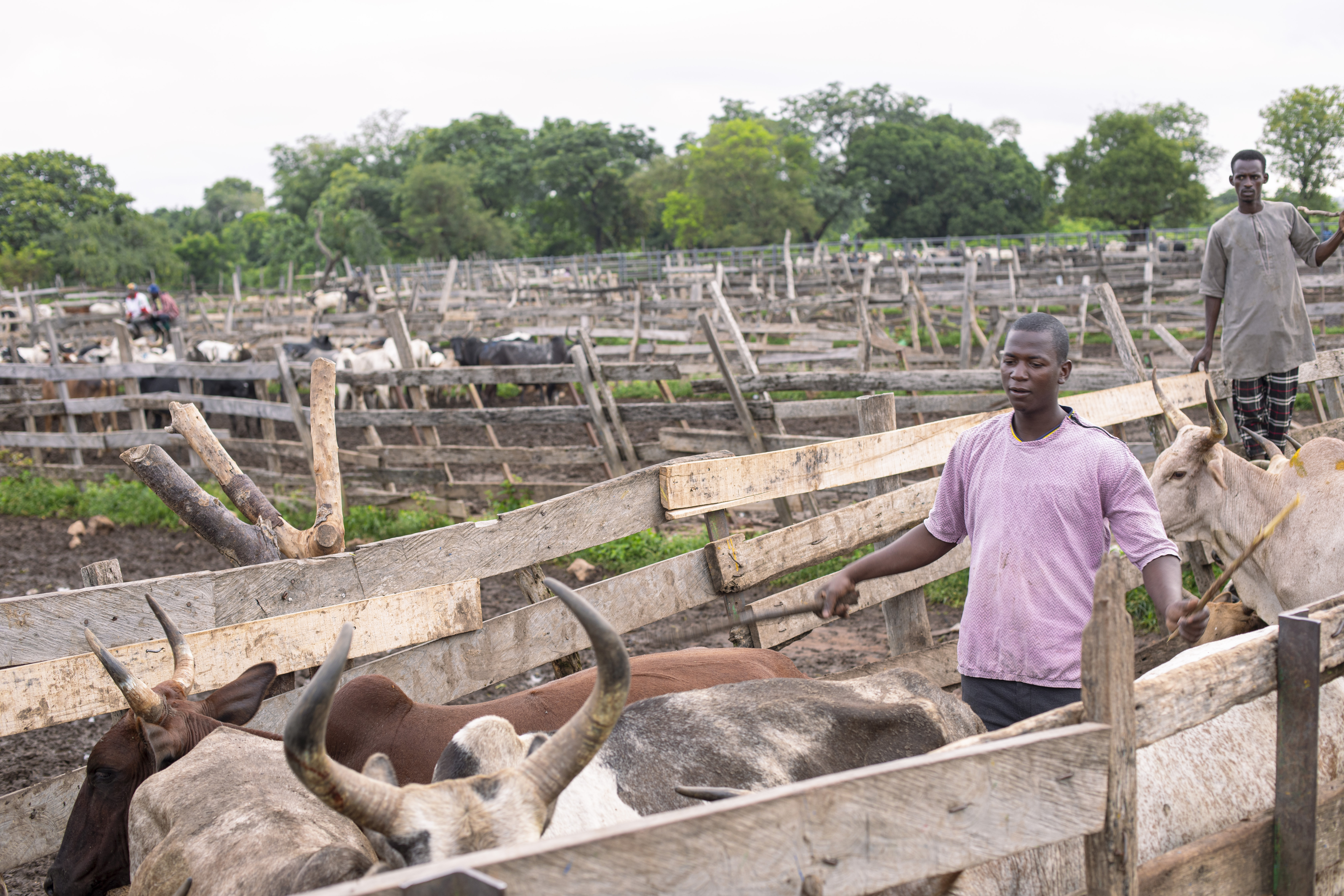
The success of the partnership between a town hall and a livestock market management committee lies essentially in the constitution of the committee and the distribution of revenues.
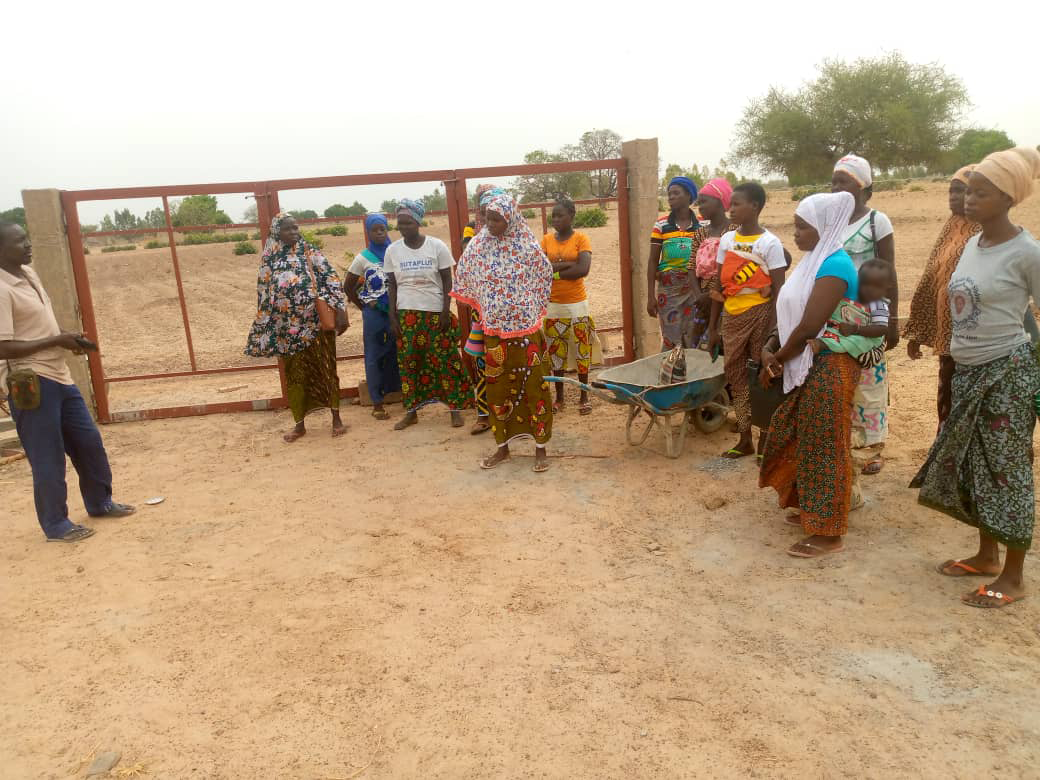
As part of the PROFIL II project in Burkina Faso, our partner RECOPA has set up poultry farming training for 150 young women known as ‘internally displaced persons’ (IDPs).
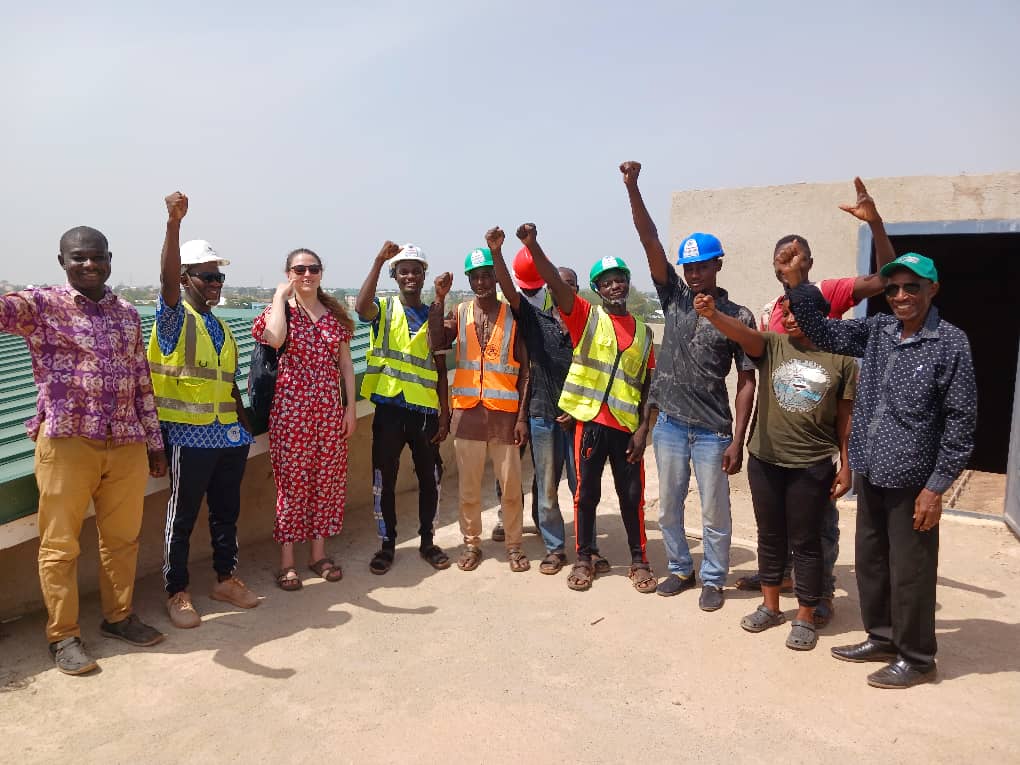
From 16 to 19 April, Acting for Life met the young learners supported by the PARCS project to discuss training and work opportunities.
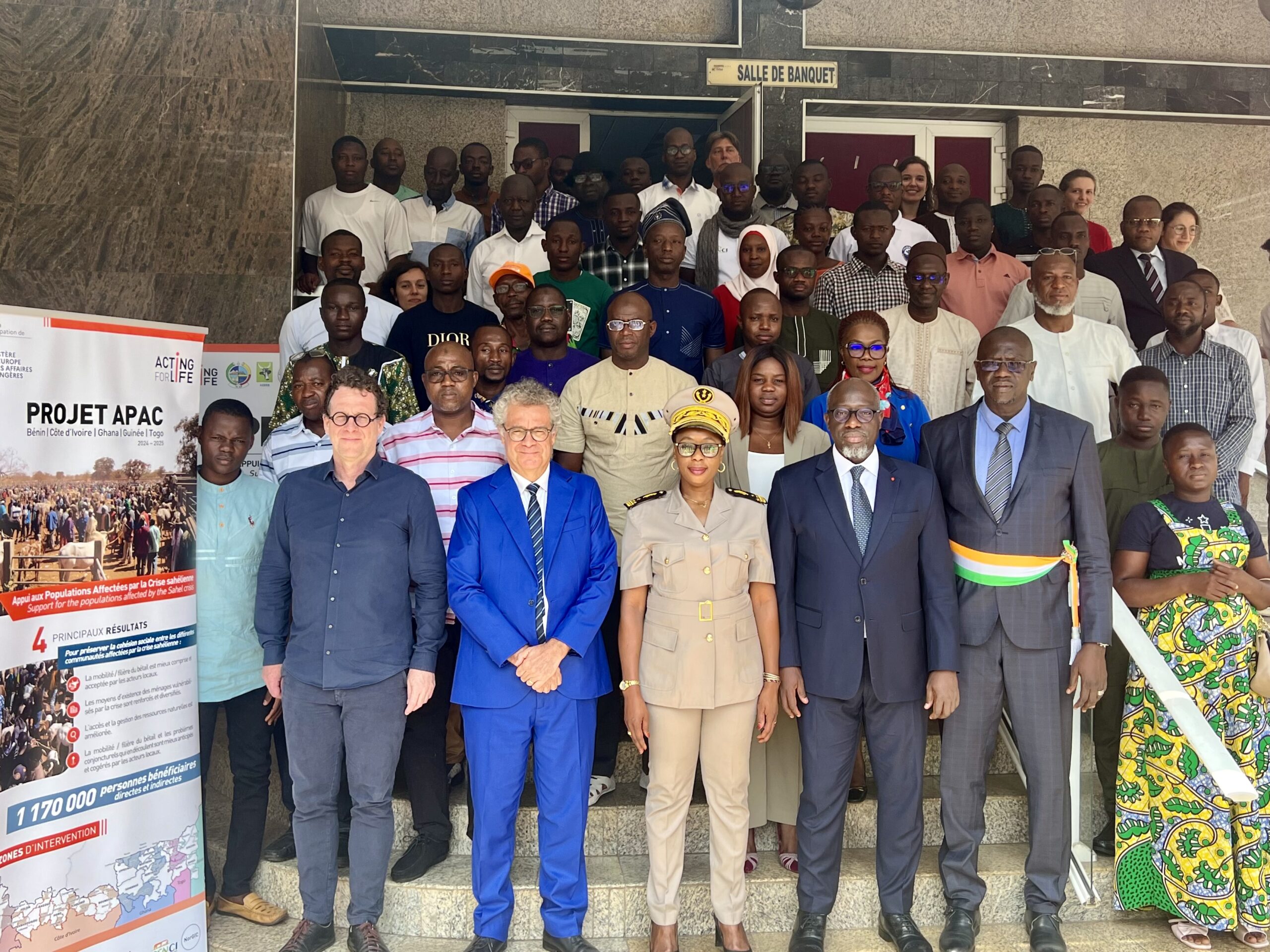
From 25 March to 1 April 2024, Acting for Life and its partners met in Grand Bassam, Côte d’Ivoire, for the launch of the APAC project.
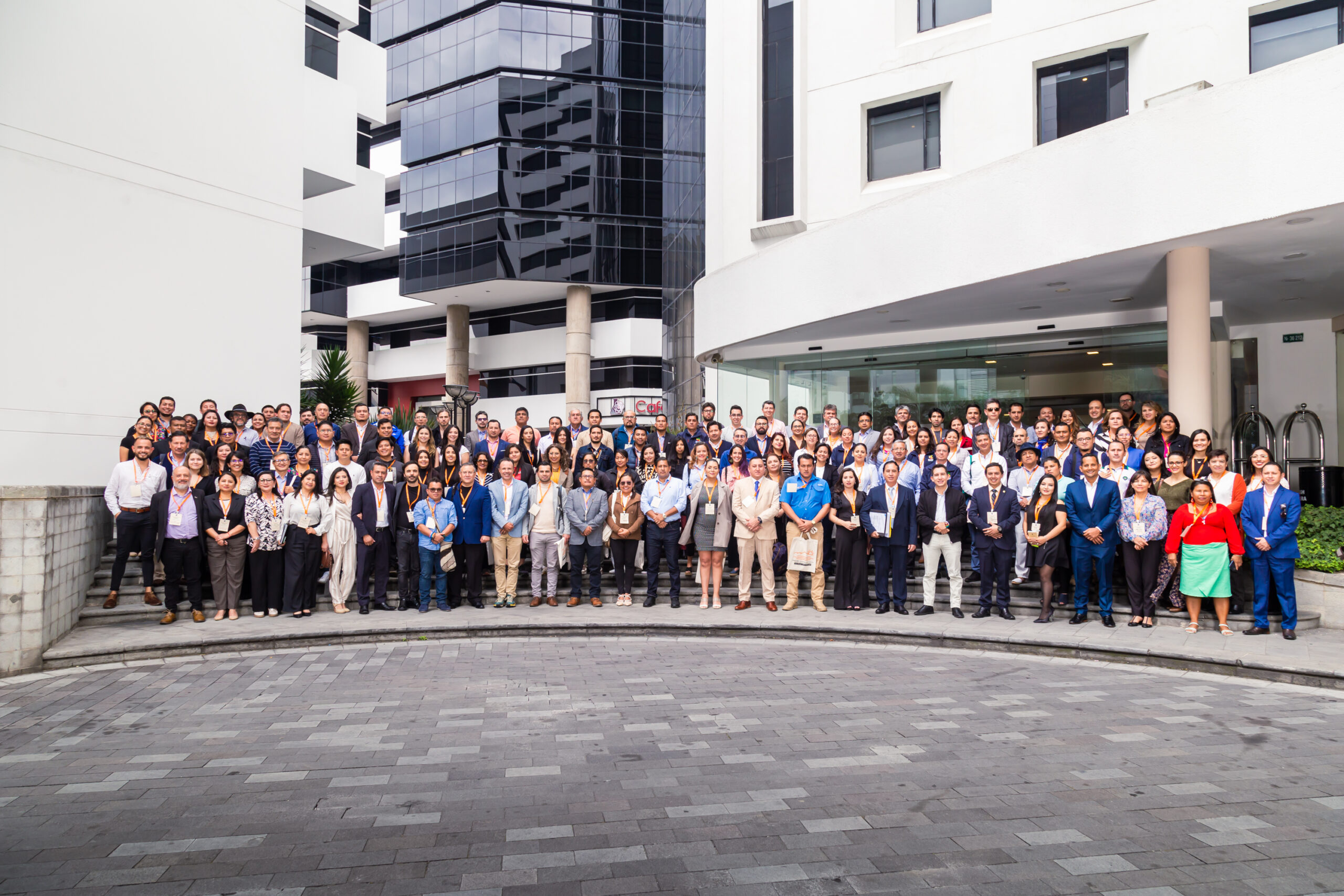
As part of the BIDA project, Acting for Life and its partners took part in the 1st Forum on Conservation and Sustainable Use Areas in Quito.
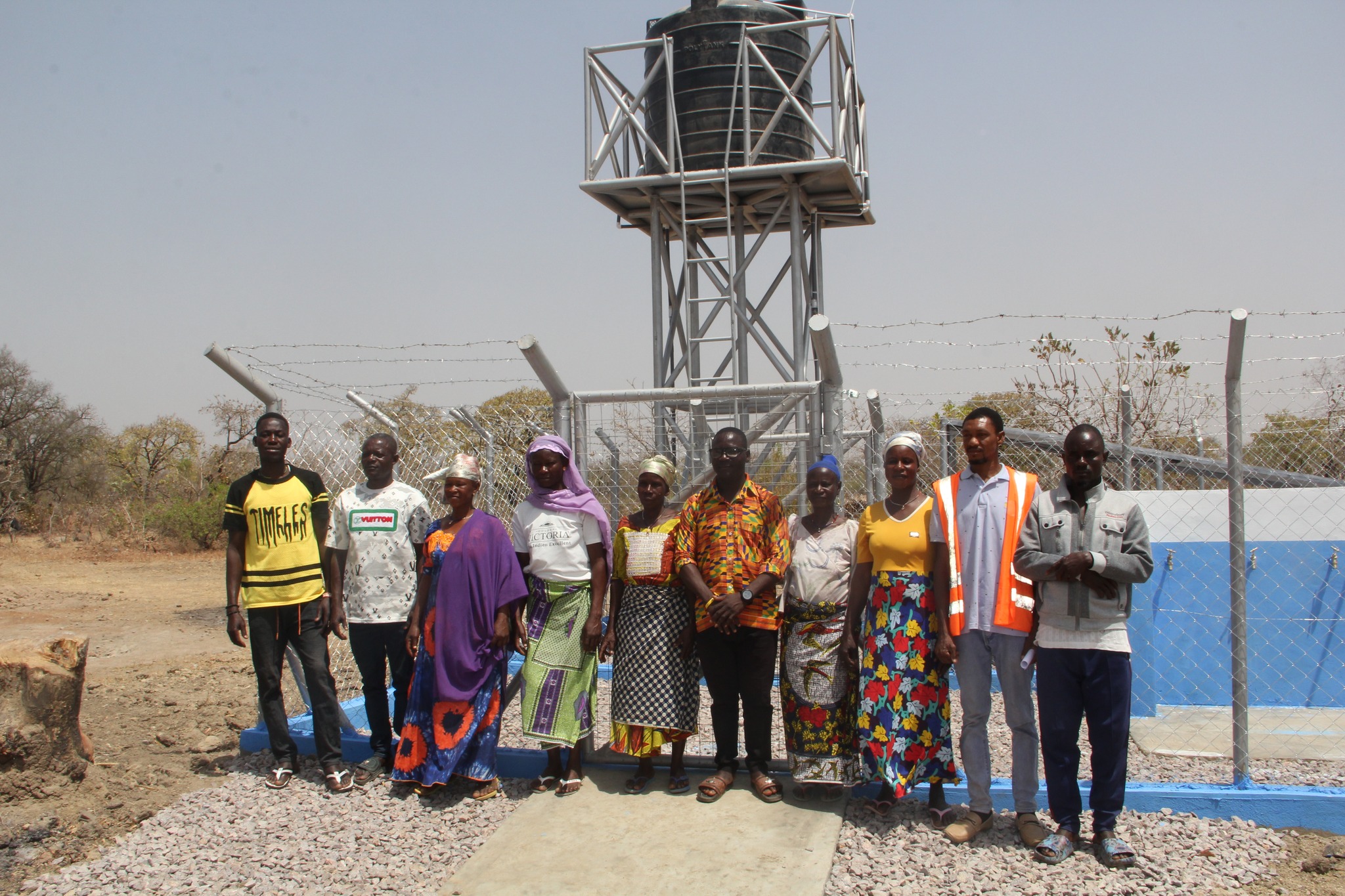
On 22 March 2024, our partner CLIP inaugurated several solar-powered boreholes in Ghana, facilitating access to drinking water.

Soumaïla Fomba, Programmes Manager for Acting for Life, has just returned from a monitoring mission in Guinea, for the REPOT project.
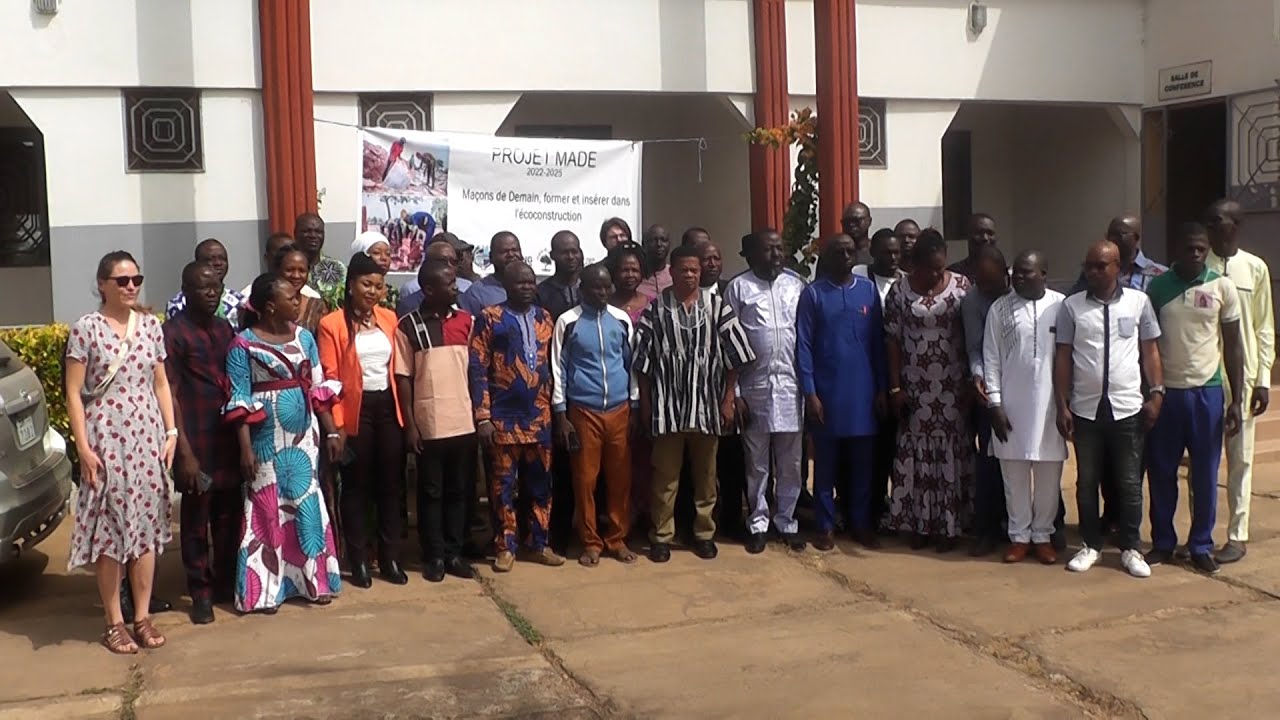
After 17 months of implementation of the MADE – Maçons de Demain project: training and integration in eco-construction, an interim workshop was held in Natitingou, Benin.
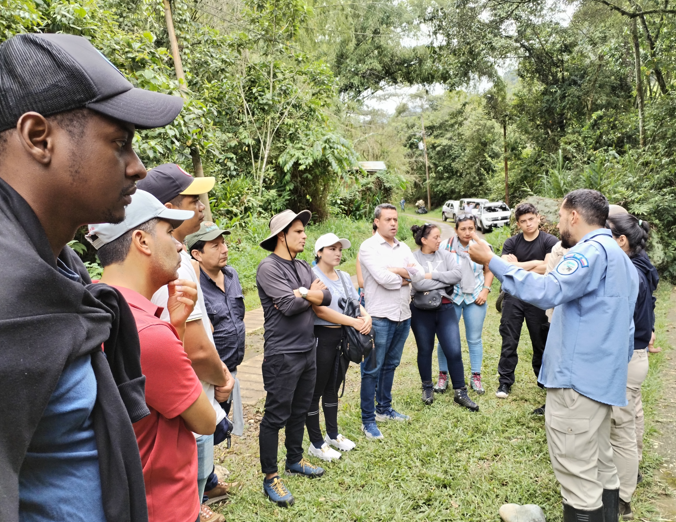
As part of the BIDA project, our partner the Mancomunidad del Norte de Ecuador (MNE) joined WWF Colombia to discuss the application of the Reporte de Salud de Cuenca methodology.
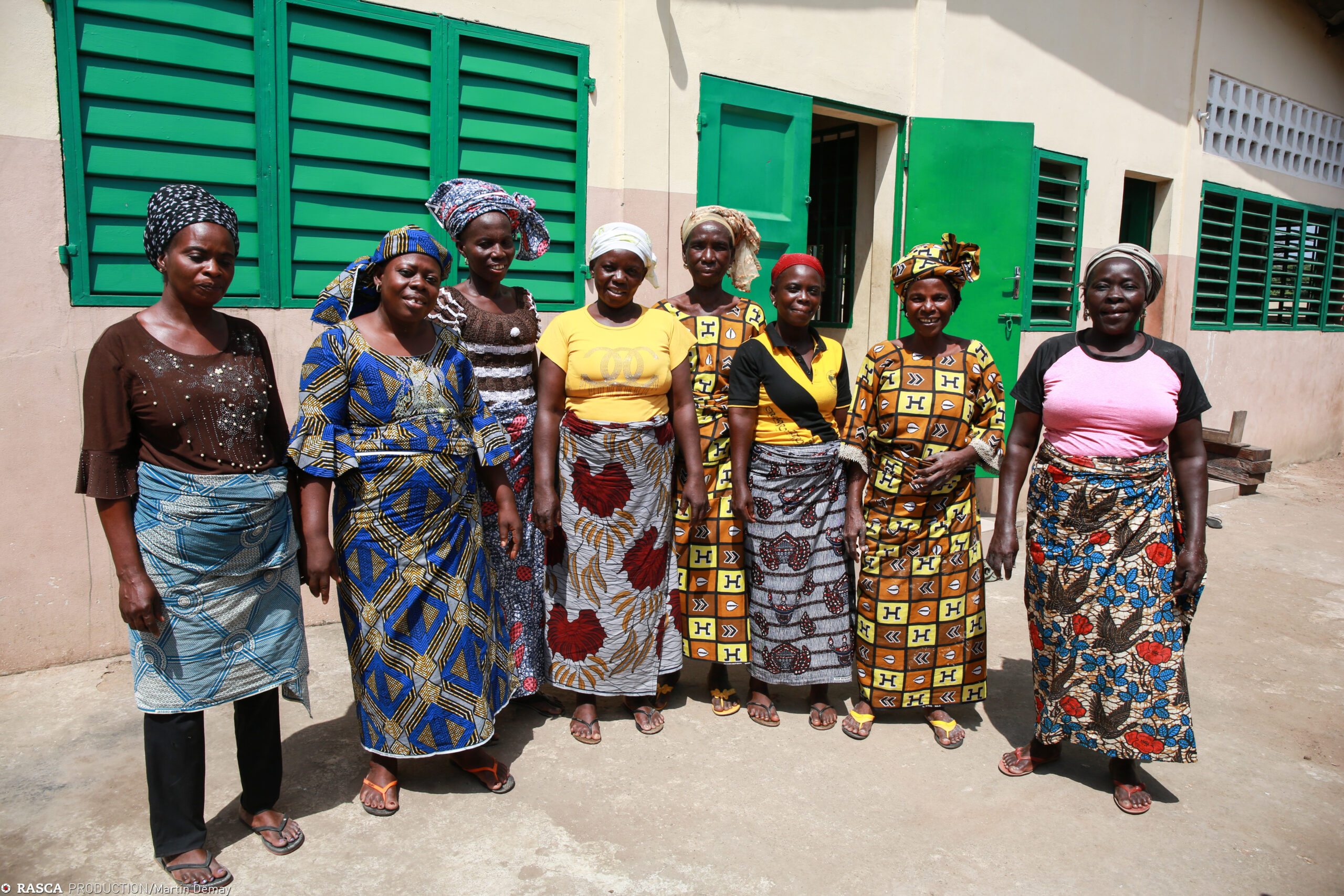
Acting for Life and its partners are very satisfied with the TERSAA programme, almost two years after its launch.
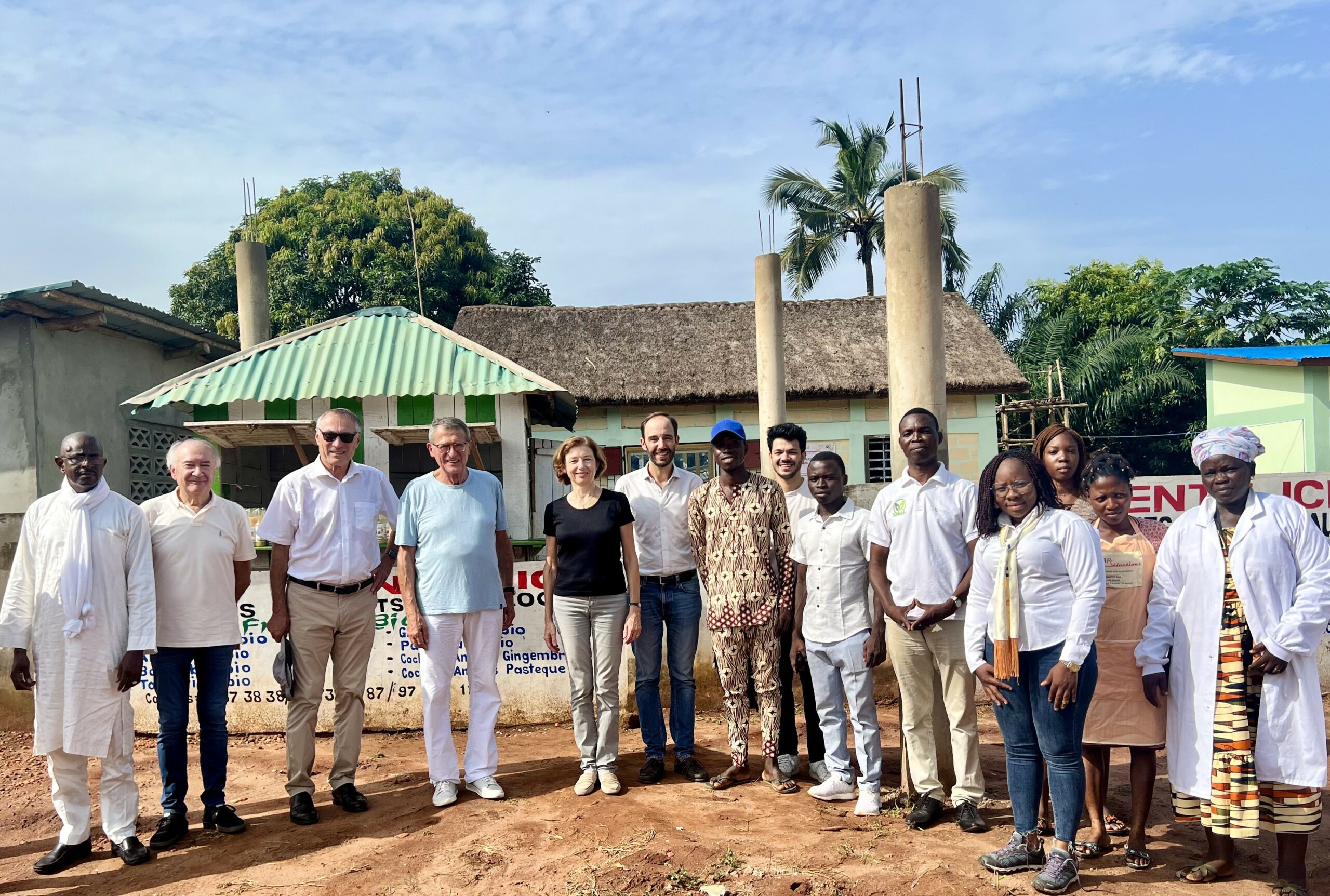
In October 2023, a delegation comprising several members of Acting for Life’s Executive Committee and Board of Directors, including President Jean-Cyril Spinetta, travelled to Benin to monitor the NGO’s projects there.